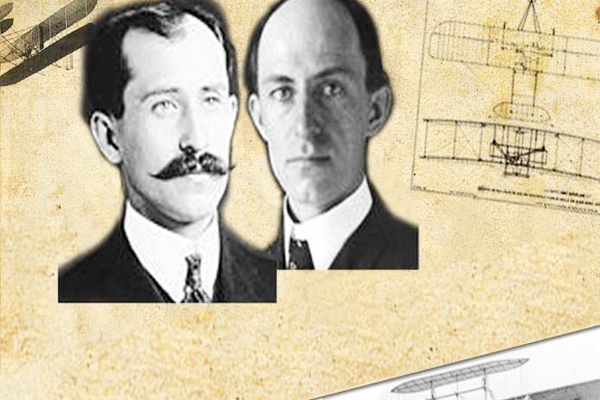The United States form a young republic, a confederacy which ought ever to be cemented by a union of interests and affection, under the influence of those principles which obtained their independence.
The bulk of mankind have indeed, in all countries in their turn, been made the prey of ambition.
The defeat of the Americans in Canada and the advantages gained by the British arms in the Jerseys, and indeed for some months in every other quarter, gave to the royal cause an air of triumph.
The extraordinary exertions of the colonies, in cooperation with British measures, against the French, in the late war, were acknowledged by the British parliament to be more than adequate to their ability.
The honorable William Penn, late governor of Pennsylvania, was chosen agent to the Court of Britain, and directed to deliver the petition to the King himself and to endeavor by his personal influence to procure a favorable reception to this last address.
The love of domination and an uncontrolled lust of arbitrary power have prevailed among all nations and perhaps in proportion to the degrees of civilization.
The study of the human character opens at once a beautiful and a deformed picture of the soul.
General Washington had rather incautiously encamped the bulk of his army on Long Island – a large and plentiful district about two miles from the city of New York.
The British were indeed very far superior to the Americans in every respect necessary to military operations, except the revivified courage and resolution, the result of sudden success after despair.
The progress of the American Revolution has been so rapid and such the alteration of manners, the blending of characters, and the new train of ideas that almost universally prevail, that the principles which animated to the noblest exertions have been nearly annihilated.
A declaration of the independence of America, and the sovereignty of the United STates was drawn by the ingenious and philosophic pen of Thomas Jefferson, Esquire, a delegate from the state of Virginia.
It may be a mistake, that man, in a state of nature, is more disposed to cruelty than courtesy.
Public emergencies may require the hand of severity to fall heavily on those who are not personally guilty, but compassion prompts, and ever urges to milder methods.
Democratic principles are the result of equality of condition.
By the Declaration of Independence, dreaded by the foes an for a time doubtfully viewed by many of the friends of America, everything stood on a new and more respectable footing, both with regard to the operations of war or negotiations with foreign powers.
But truth is most likely to be exhibited by the general sense of contemporaries, when the feelings of the heart can be expressed without suffering itself to be disguised by the prejudices of man.
Before this address to my countrymen is closed, I beg leave to observe, that as a new century has dawned upon us, the mind is naturally led ot contemplate the great events that have run parallel with and have just closed the last.
A superfluity of wealth, and a train of domestic slaves, naturally banish a sense of general liberty, and nourish the seeds of that kind of independence that usually terminates in aristocracy.
On the evening of December 25, General Washington in a most severe season crossed the Delaware with a part of his army, then reduced to less than 2000 men in the whole.






